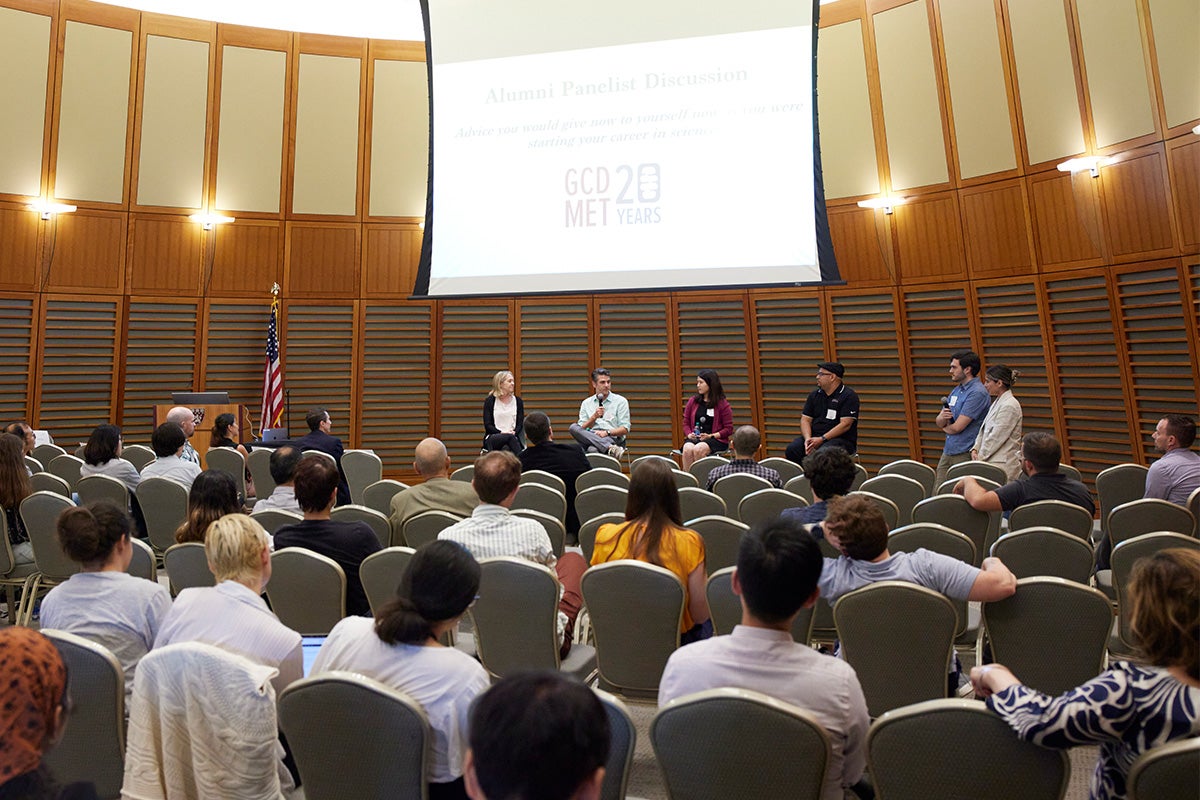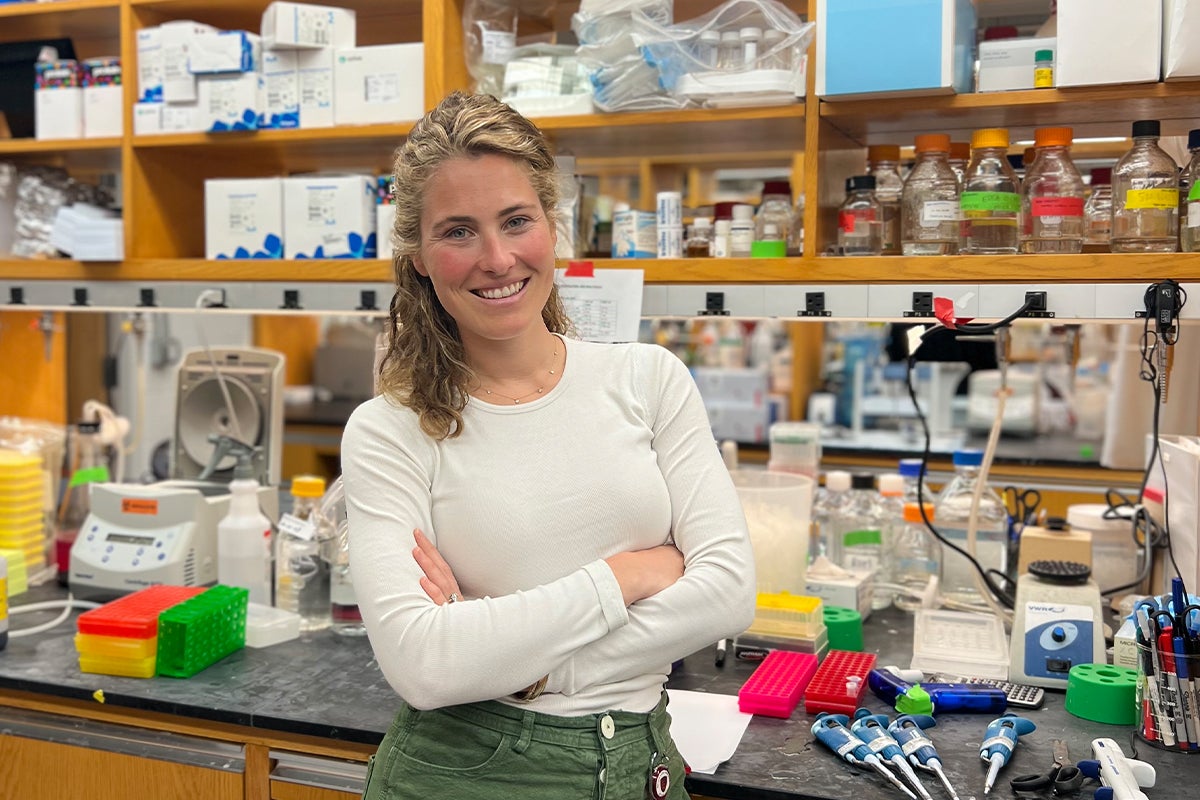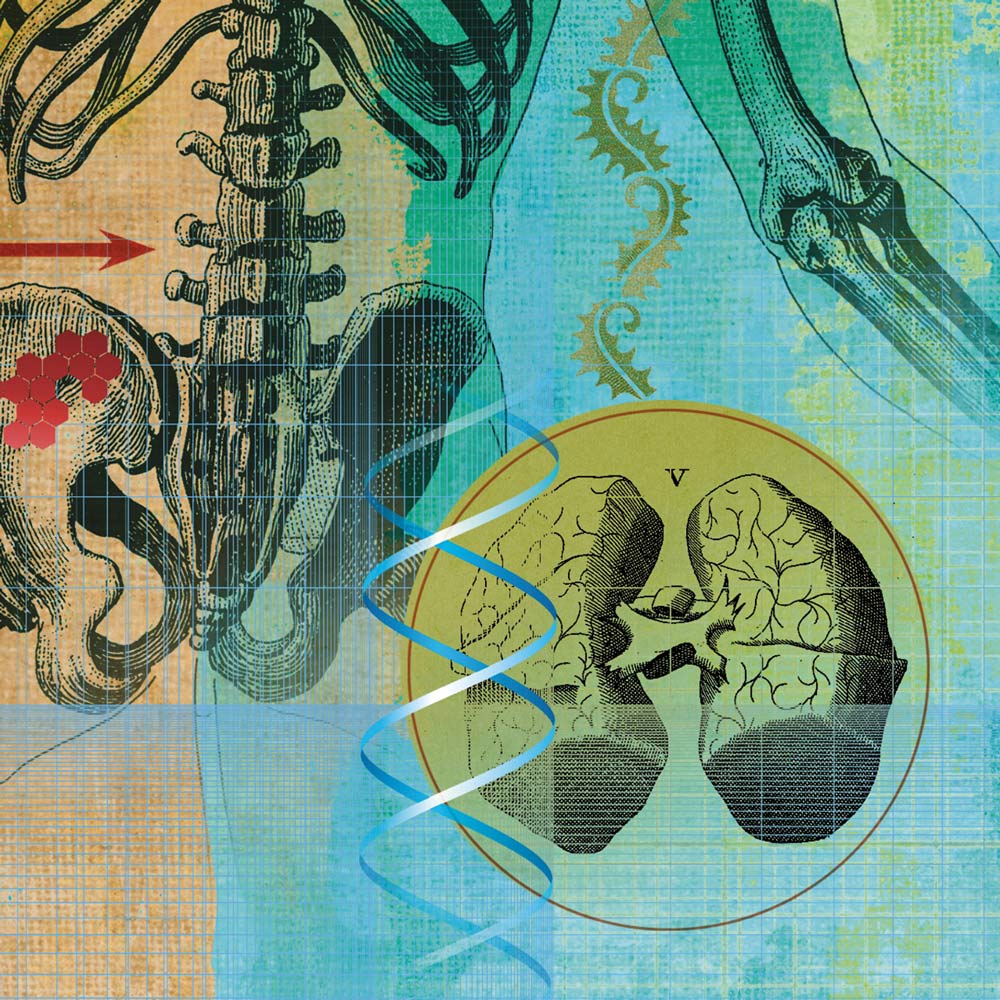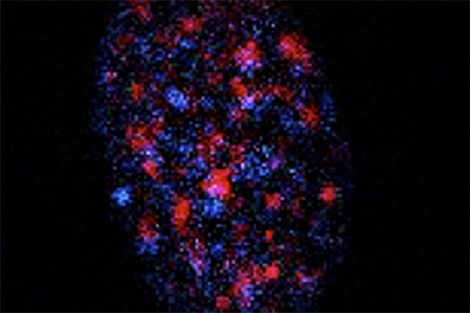Growth Signaling Networks Orchestrate Cancer Metabolic Networks.
Manning BD, Dibble CC.
Cold Spring Harb Perspect Med. 2024 Mar 04. PMID: 38438221
Acting Chair, Department of Molecular Metabolism
Molecular Metabolism
Harvard T.H. Chan School of Public Health
Brendan D. Manning is a Professor in the Department of Molecular Metabolism at the Harvard T.H. Chan School of Public Health and the Department of Cell Biology at Harvard Medical School, and a Faculty Member of the Dana-Farber/Harvard Cancer Center. Dr. Manning received his B.S. from the University of Massachusetts, Amherst, and his Ph.D. from Yale University. During his time as a postdoctoral fellow in the laboratory of Lewis Cantley at Harvard Medical School, he discovered that the tuberous sclerosis complex (TSC) tumor suppressors serve as the molecular connection between the PI3K and mTOR pathways, thereby linking a signaling pathway activated in the majority of human cancers to a nutrient-sensing pathway that controls cell growth and metabolism. In 2004, he joined the faculty of the then newly established Department of Genetics and Complex Diseases at Harvard (renamed Molecular Metabolism in 2019) to continue research at the interface of cell signaling and metabolism. Research in the Manning laboratory is particularly focused on the regulation and function of the PI3K - mTOR signaling network in physiology and disease. Dr. Manning was an inaugural recipient of the National Cancer Institute’s Outstanding Investigator Award.
Research in the Manning lab is defining the molecular interface between cellular signaling networks and metabolic networks, as it relates to both normal physiology and diseases with metabolic dysregulation as a key feature, including cancer, diabetes, neurological disorders, and aging-related diseases. Research efforts are focused in part on defining the regulatory mechanisms and functions of a signaling network converging on the tuberous sclerosis complex (TSC) protein complex and the mammalian target of rapamycin (mTOR), which relay an array of extracellular and intracellular growth signals to control the balance between anabolic and catabolic metabolism in cells, tissues, and tumors.
BS, 1993
University of Massachusetts, Amherst, Massachusetts
PhD, 2000
Yale University, New Haven, Connecticut
Manning BD, Dibble CC.
Cold Spring Harb Perspect Med. 2024 Mar 04. PMID: 38438221
Zhang HH, Lipovsky AI, Dibble CC, Sahin M, Manning BD.
Mol Cell. 2023 Sep 07. 83(17):3217. PMID: 37683612
Hosios AM, Wilkinson ME, McNamara MC, Kalafut KC, Torrence ME, Asara JM, Manning BD.
Nat Metab. 2022 12. 4(12):1792-1811. PMID: 36536136
McNamara MC, Hosios AM, Torrence ME, Zhao T, Fraser C, Wilkinson M, Kwiatkowski DJ, Henske EP, Wu CL, Sarosiek KA, Valvezan AJ, Manning BD.
iScience. 2022 Nov 18. 25(11):105458. PMID: 36388985
Yuskaitis CJ, Modasia JB, Schrötter S, Rossitto LA, Groff KJ, Morici C, Mithal DS, Chakrabarty RP, Chandel NS, Manning BD, Sahin M.
Cell Rep. 2022 08 30. 40(9):111278. PMID: 36044864
Schrötter S, Yuskaitis CJ, MacArthur MR, Mitchell SJ, Hosios AM, Osipovich M, Torrence ME, Mitchell JR, Hoxhaj G, Sahin M, Manning BD.
Cell Rep. 2022 05 17. 39(7):110824. PMID: 35584673
Soflaee MH, Kesavan R, Sahu U, Tasdogan A, Villa E, Djabari Z, Cai F, Tran DH, Vu HS, Ali ES, Rion H, O'Hara BP, Kelekar S, Hallett JH, Martin M, Mathews TP, Gao P, Asara JM, Manning BD, Ben-Sahra I, Hoxhaj G.
Nat Commun. 2022 05 16. 13(1):2698. PMID: 35577785
Hosios AM, Manning BD.
Cancer Res. 2021 10 01. 81(19):4896-4898. PMID: 34598998
Byles V, Cormerais Y, Kalafut K, Barrera V, Hughes Hallett JE, Sui SH, Asara JM, Adams CM, Hoxhaj G, Ben-Sahra I, Manning BD.
Mol Metab. 2021 11. 53:101309. PMID: 34303878
Ristow M, Lee CH, De Bock K, Gladyshev VN, Hotamisligil GS, Manning BD.
Cell Metab. 2021 03 02. 33(3):458-461. PMID: 33657387
Over 100 current and former members of Harvard T.H. Chan School of Public Health’s Department of Molecular Metabolism gathered on September 7 to celebrate the 20th anniversary of the department’s founding, to reflect on the successes of the…

Sophie Lockwood, PhD ’23, uncovered a complex biological mechanism that could potentially help in drug development.

We cannot treat our way out of the rising trend in cancer cases. The only solution is a full-scale defense, so that nobody suffers the disease in the first place.

March 26, 2019—In a new Science paper, Brendan Manning, professor of genetics and complex diseases, and colleagues reveal how a previously understudied enzyme may help fuel the metabolism of cancer cells and contribute to the development of other…

December 8, 2017 – A research team at Harvard T.H. Chan School of Public Health has identified a key metabolic vulnerability in some types of tumor cells and discovered a way to exploit it by harnessing well-known immunosuppressant…
